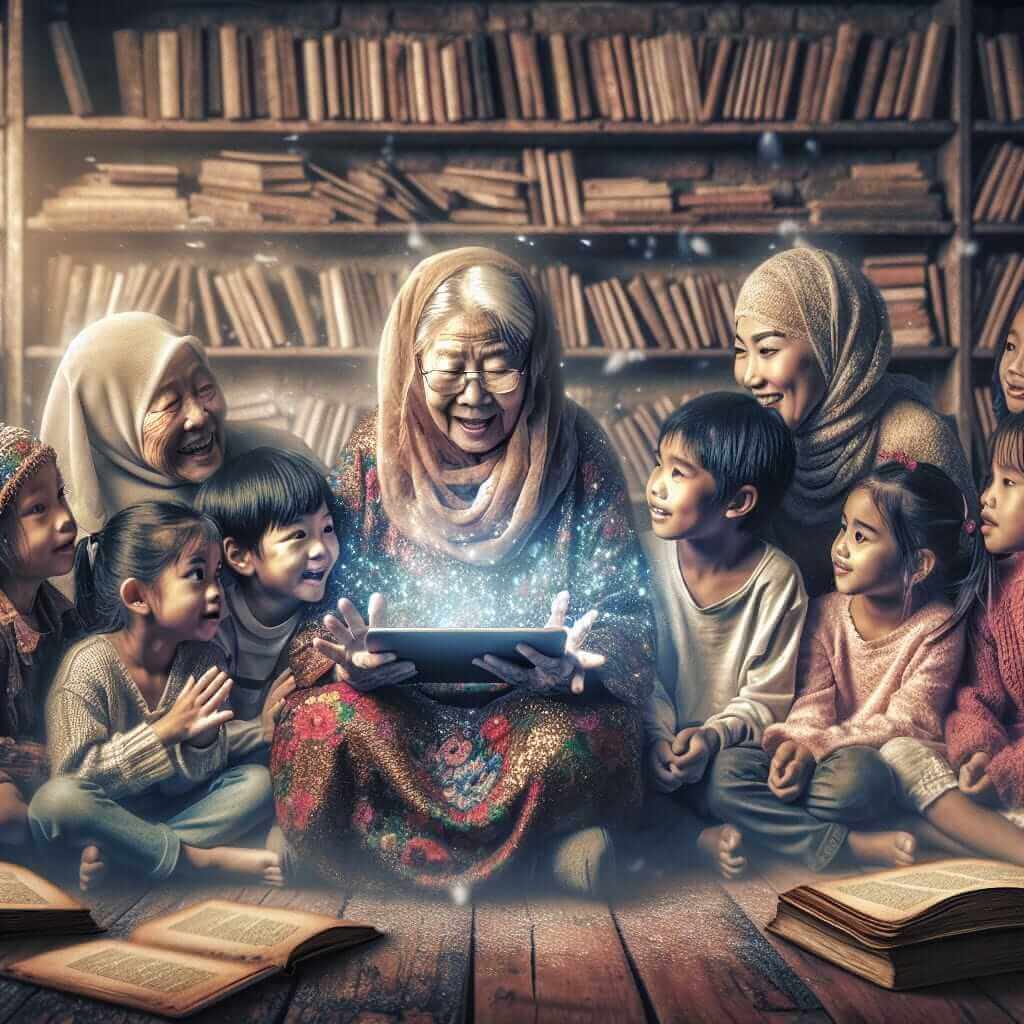The IELTS Reading Test is a crucial component for candidates aiming to score high in the IELTS examination. It comprises a series of texts and questions designed to test your reading comprehension skills. One of the compelling topics that often appears in this section is the impact of digital communication on traditional practices. By understanding the cultural shifts induced by digital communication, you can better prepare for similar topics that might appear in your IELTS Reading Test.
Historically, the theme of cultural impacts has been a popular subject in the IELTS Reading materials, frequently surfacing in various forms. Given the increasing relevance of digital communication in today’s world, there is a high probability that such topics will reappear in future tests.
Reading Passage: Cultural Impacts of Digital Communication on Traditional Practices
Passage
Digital communication has revolutionized the way we interact and share information. This revolution has had considerable cultural impacts, particularly on traditional practices and customs. With the rise of digital platforms, the transmission of cultural knowledge has fundamentally changed.
One of the most significant impacts has been on oral traditions. Historically, oral traditions were the primary means of preserving and transmitting cultural knowledge. Elders in the community would share stories, folklore, and wisdom through spoken word. However, the advent of digital communication tools such as social media, podcasts, and online forums has shifted this dynamic. These platforms allow for the archiving and dissemination of cultural narratives in digital formats, making them more accessible but also potentially less personal.
Additionally, digital communication has impacted rituals and ceremonies. Traditional ceremonies often required the gathering of community members in a specific location to participate in rituals. Nowadays, many of these activities have found a digital counterpart. For instance, live-streamed religious services and virtual weddings have become increasingly common. While this allows for greater inclusivity and convenience, it can also dilute the communal experience that is central to many traditional practices.
Another area affected is traditional crafts and arts. The internet provides a platform for artists and craftsmen to showcase their work to a global audience. This has opened up new avenues for cultural expression and commercial opportunities. However, it can also lead to the commodification of cultural artifacts, and the loss of traditional techniques that are typically passed down through generations.
Language preservation is yet another field where digital communication has both positive and negative impacts. On the one hand, digital tools can aid in the documentation and teaching of endangered languages. Online platforms provide resources and forums where minority language speakers can connect and learn. On the other hand, the dominance of a few global languages, facilitated by digital media, threatens the survival of less widely spoken languages.
In conclusion, while digital communication offers numerous benefits by making cultural practices more accessible and widely known, it also poses challenges to the preservation of traditional practices. The balance between embracing technological advancements and maintaining cultural authenticity is delicate and requires careful consideration.
Questions
Multiple Choice
-
What is one major impact of digital communication on oral traditions?
- A) Increased personal interactions
- B) Archiving stories in digital formats
- C) Diminished relevance of folklore
- D) Increased community gatherings
-
How has digital communication affected rituals and ceremonies?
- A) Made them obsolete
- B) Made them more inclusive
- C) Strengthened communal experience
- D) Simplified traditional techniques
True/False/Not Given
- Digital communication has entirely replaced traditional oral storytelling. (True/False/Not Given)
- Virtual weddings are an example of how rituals have adapted to digital platforms. (True/False/Not Given)
Sentence Completion
- Digital communication tools like podcasts have _____ the traditional method of orally transmitting cultural knowledge.
- The _____ of less widely spoken languages is threatened by the dominance of global languages on digital platforms.
Answers and Explanations
-
B) Archiving stories in digital formats
- Explanation: The passage states that digital platforms allow for the archiving and dissemination of cultural narratives, which would be the correct impact on oral traditions.
-
B) Made them more inclusive
- Explanation: The passage notes that live-streamed services and virtual weddings allow for greater inclusivity.
-
False
- Explanation: The passage mentions that digital communication has shifted the dynamics but does not state that oral storytelling has been entirely replaced.
-
True
- Explanation: The passage specifically mentions virtual weddings as a new form of traditional ceremonies.
-
reshaped
- Explanation: The context of the sentence implies that digital tools have reshaped the traditional method.
-
survival
- Explanation: The passage discusses how the survival of less widely spoken languages is threatened by digital communication.
Common Mistakes to Avoid
- Misinterpreting the main idea: Ensure you understand the overall theme of the passage.
- Overlooking specific details: Pay attention to exact wording in the text to correctly answer True/False/Not Given questions.
Vocabulary
- Archiving (v): /ˈɑːrkaɪvɪŋ/: the process of storing documents or records.
- Dissemination (n): /dɪˌsɛməˈneɪʃən/: the act of spreading something, especially information, widely.
- Commodification (n): /kəˌmɒdɪfɪˈkeɪʃən/: the transformation of goods, services, ideas, and people into commodities or objects of trade.
- Endangered (adj): /ɪnˈdeɪndʒərd/: at risk of no longer existing.
Grammar
-
Relative Clauses:
- Examples:
- Digital communication tools that reshape traditional oral narratives.
- Artists who showcase their work online.
- Examples:
-
Gerunds:
- Examples:
- The archiving of stories.
- Preserving cultural languages.
- Examples:
Conclusion
In preparing for the IELTS Reading Test, understanding diverse topics like the impact of digital communication on traditional practices is essential. This passage provides a comprehensive view and practice questions to help hone your skills. Remember to practice regularly and focus on understanding both the macro and micro elements of the text to excel in the IELTS Reading section.

For further reading on related topics, consider our articles on Cultural Impacts of Social Media Influencers and The Influence of Technology on Cultural Preservation.
Good luck with your IELTS preparation!